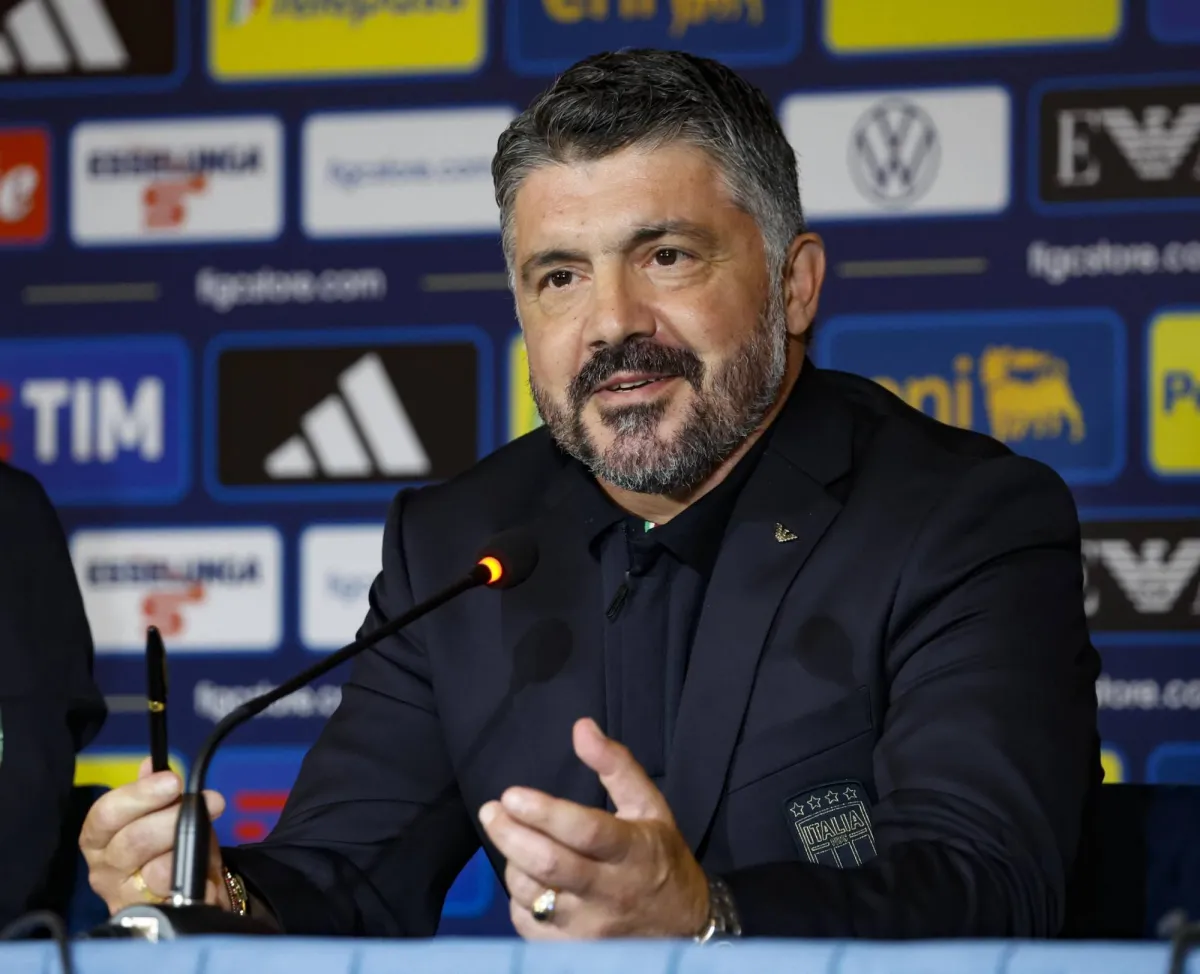- The World Cup belongs to the world, not to Europe alone. And if football is truly the global language we claim it to be, then African voices deserve not silence, but space. That is not unfair. That is football finally becoming what it always claimed to be ‘global’.
Former Italian footballer and current head coach of the Italy national team, Gennaro Gattuso, recently suggested that Africa’s World Cup slots should be reduced. His claim landed with the subtlety of a studs‑up tackle.
Steeped in Europe’s long history of dominance, Gattuso frames Africa’s expanded representation as a threat to Europe’s qualification pathway — as though Africa’s gain is automatically Europe’s loss. But this argument collapses under the weight of both facts and fairness.
Let’s start with the numbers. Europe (UEFA) has 55 member nations; Africa (CAF) has 54. In the new 48‑team World Cup, Europe will receive 16 automatic slots, while Africa gets nine direct slots plus a possible tenth through playoffs. That means nearly 30% of European nations will qualify compared to just 17% of African nations. Even under expansion, Europe remains the most represented continent, both in absolute numbers and proportional advantage.
To argue that Africa’s increased slots make Europe’s path “unfair” ignores this structural privilege. It is like a wealthy landlord complaining that tenants were given slightly larger rooms.
Europe’s footballing pedigree is not in question. UEFA hosts the most competitive leagues, the best‑funded federations, and many of the highest‑ranked national teams. But football’s global landscape is evolving, and FIFA’s redistribution of slots reflects this reality. It does not dethrone Europe; it simply includes others more equitably.
Read More
Africa’s rise is not theoretical — it is happening in real time. Morocco’s historic semifinal run in 2022 forced the world to take Africa seriously. Senegal’s consistency, Nigeria’s brilliance, Ghana’s resilience, and Cameroon’s unforgettable performances prove African teams are not passengers at the World Cup; they are protagonists.
To suggest that this continent, with its deep well of talent and expanding infrastructure, should have its representation cut is dismissive and insulting to progress. Gattuso’s nostalgia for the old format, where European runners‑up often qualified automatically, betrays the assumption that Europe should always have it easier. But the World Cup is not UEFA’s private tournament.
It is a global showcase meant to reflect football’s universality, not reinforce old hierarchies. If anything, Africa’s previous five slots for 54 countries were the real imbalance — football’s version of colonial leftovers.
Europe’s demanding qualification path is a product of its own success. When a confederation has a dozen world‑class teams, the fight for places is brutal. That competitiveness is not Africa’s burden. South America, with only ten countries, qualifies six directly.
Does that make their path “too easy”? Not at all. It reflects continental size and depth. FIFA’s allocation model looks at both tradition and the future — and the future, whether Gattuso likes it or not, is plural.
The irony is that Gattuso’s frustration may be less about Africa and more about Italy. The Azzurri have missed recent World Cups not because Africa gained slots, but because Italy has struggled with identity crises, tactical stagnation, and generational inconsistency. Blaming Africa shifts the spotlight away from Europe’s own shortcomings.
FIFA’s expanded format did not rob Europe of anything. UEFA still enjoys the largest representation, global influence, and the highest standards. Africa has simply been granted a fairer slice of football’s global cake.
The World Cup belongs to the world, not to Europe alone. If football is truly the global language we claim it to be, then African voices deserve not silence, but space. That is not unfair. That is football finally becoming what it always claimed to be — global.
Stay connected with us on WhatsApp and X for instant updates and breaking news as it happens.



-1772102940-md.jpg)


-1772090413-1772095461-md.jpg)
-1772094026-md.jpg)

-1772102940-sm.jpg)


-1772090413-1772095461-sm.jpg)